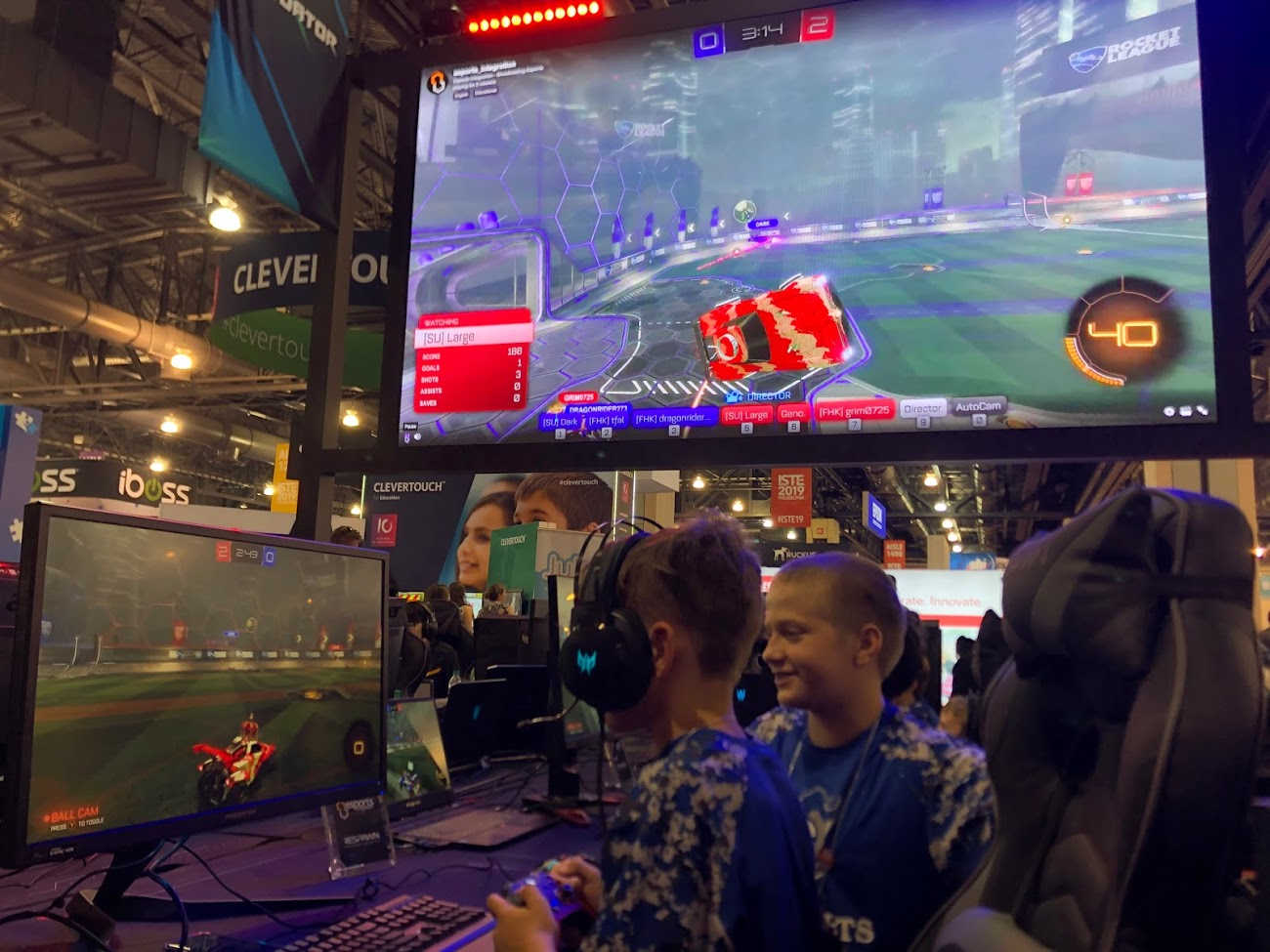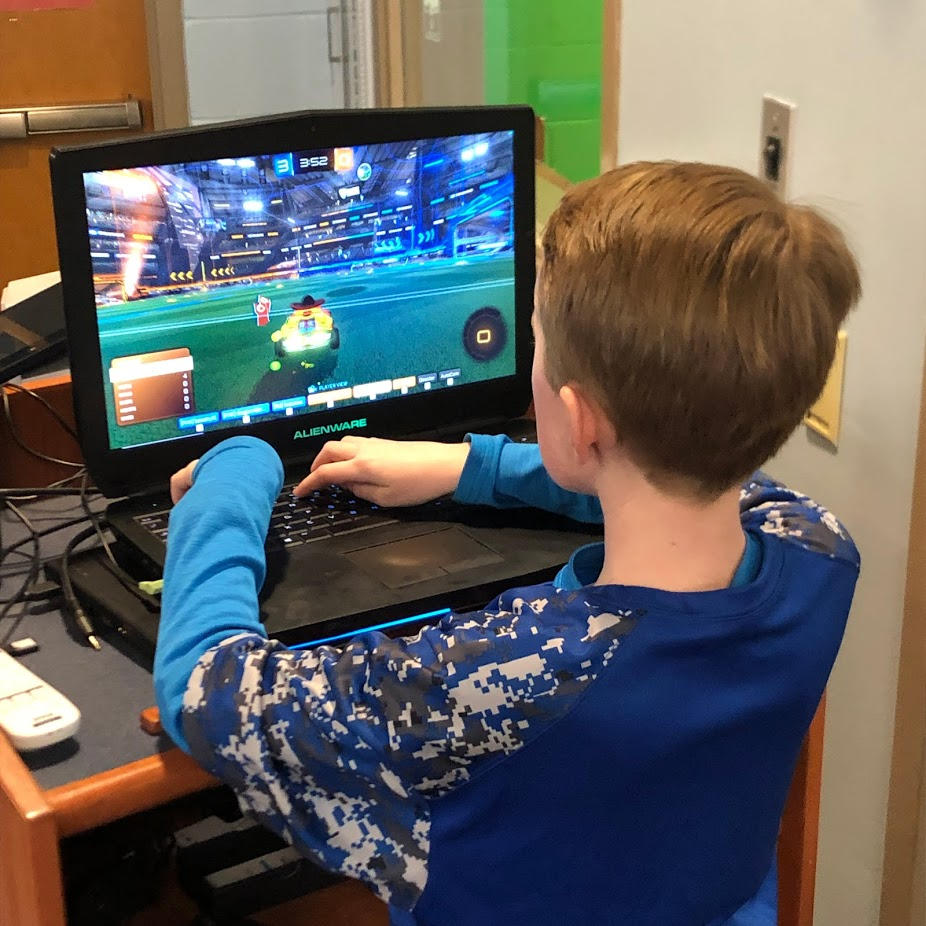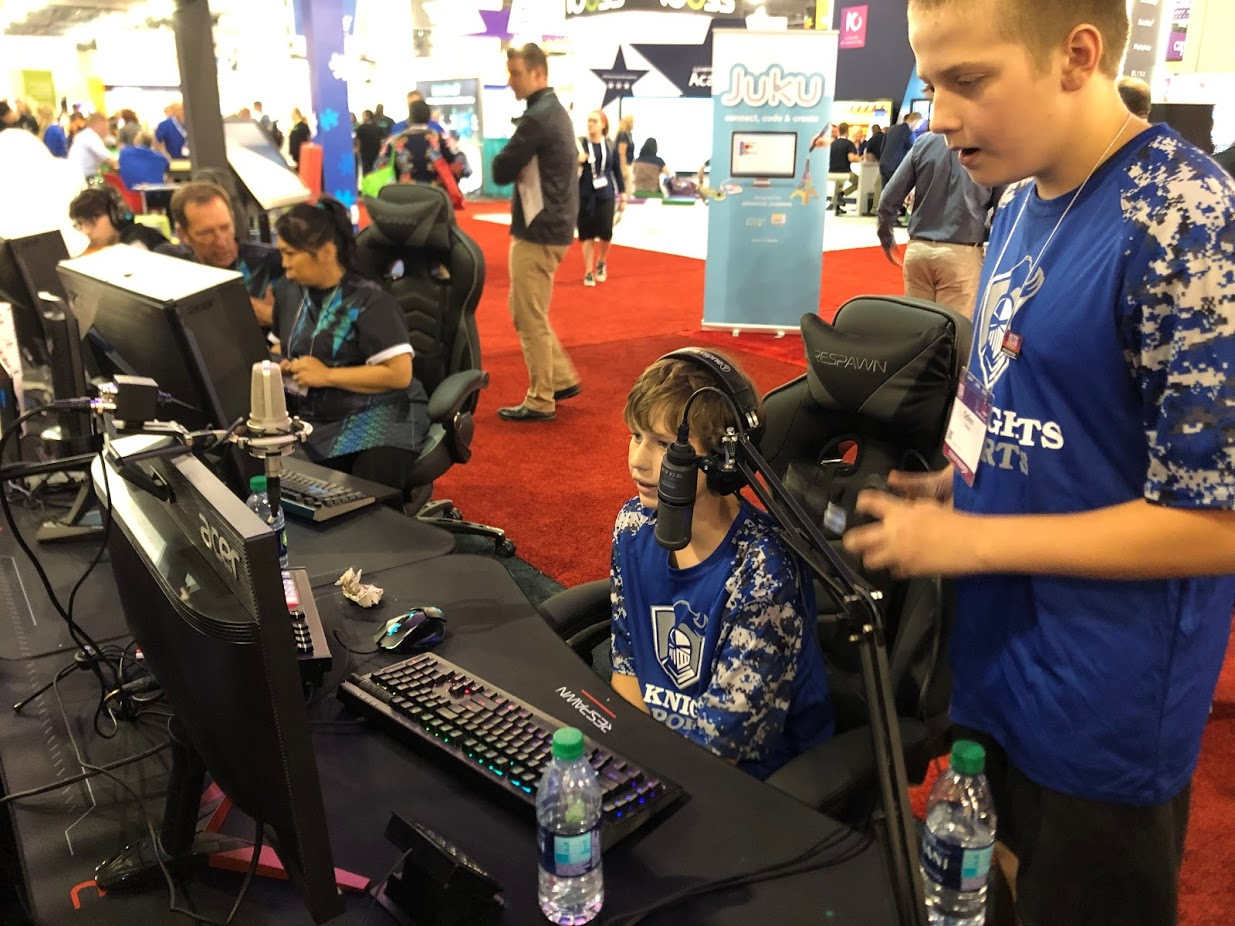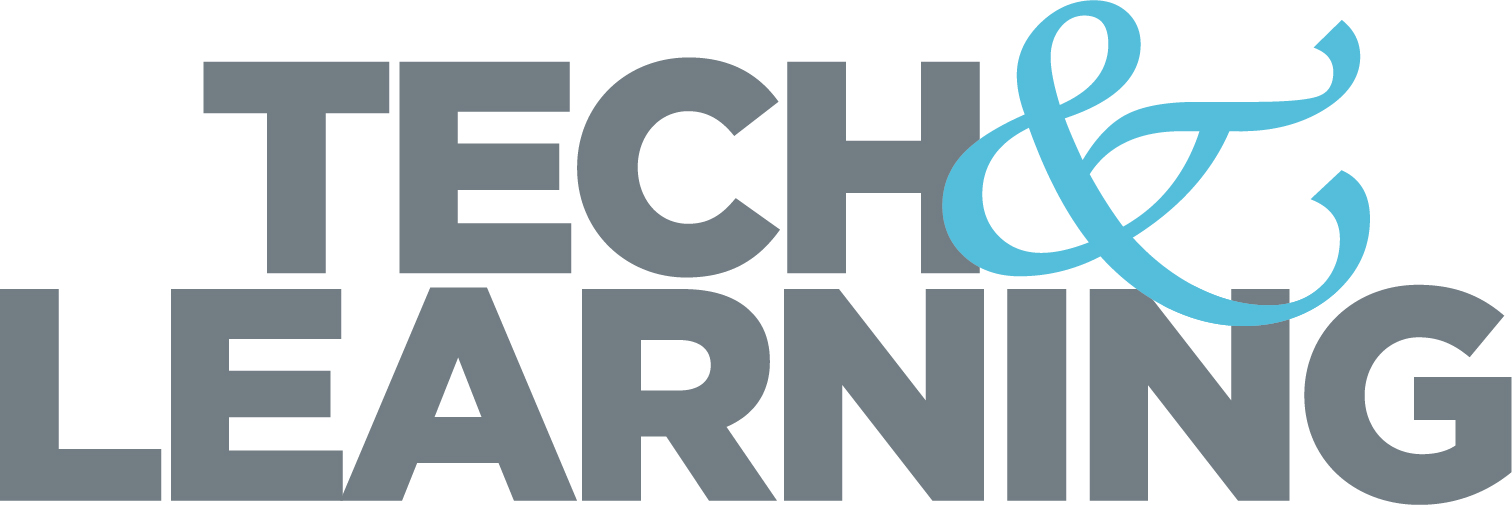Best Games for Back to School: Video Games Finally Make a Legitimate Move into the Classroom
Game-based learning—where teachers teach and assess through video games—is being found in more and more classrooms.

Quick: Name the most popular educational video game of all time. Chances are, you said either Where in the World Is Carmen Sandiego? or The Oregon Trail.
Those games are classic—created last century. Due to the lack of production and depth of gameplay, the edutainment industry has never really taken off. Where the edutainment industry has fallen short, large studios with big budgets, or triple-A (AAA) video-game companies, have started to step in. Game-based learning—where teachers teach and assess through video games—is being found in more and more classrooms. For those looking to incorporate game-based learning in the classroom, here are the top 10 video games that put the quality of the game first but also offer some educational value.
1 - Minecraft: Education Edition
Minecraft: Education Edition is the reigning champion of game-based learning. The game retains the open-world, sandbox charm of traditional Minecraft while incorporating educational tools and lessons that are very engaging. Minecraft first added lessons in their Chemistry update, which challenges students to “discover the building blocks of matter, combine elements into useful compounds and Minecraft items, and conduct amazing experiments with new lessons and a downloadable world.” Their most recent update, Aquatic, added a new underwater biome to explore. It comes with a host of lessons to incorporate into your classroom. Using the new camera and portfolio, students can capture all their learning in Minecraft and export projects to use in a variety of cool ways.
2- Assassin’s Creed
Assassin’s Creed is a long-running, popular series of video games in which players go back in time as members of the Assassins’ Guild to stop the Templars from exerting control over history. The core games in the series are probably not appropriate for school, but the game’s developer, Ubisoft, has creating a non-violent, educational version of the game with Assassin’s Creed: Origins. Origins takes place in Egypt and features 75 historical tours that range from five to 25 minutes long. They’re set in the game’s open world and cover mummies, cultivation, the Library of Alexandria, and more.
3 - Cities: Skylines
Cities: Skylines is like SimCity on steroids. Cities: Skylines is a highly detailed, in-depth city building simulator that encourages system thinking as students have to balance wicked problems brought on by systems—such as taxes versus citizens’ happiness, waste management, traffic, zoning, pollution, and much more. Beyond system thinking, Cities: Skylines is great at teaching civil engineering, civics, and environmentalism.
4 - Offworld Trading Company
Congratulations! You’re now the CEO of your very own trading company on Mars. The problem is, the other CEOs want to drive your company into the ground so they can control all of Mars’ valuable resources. Can you defeat the competition as you refine basic materials into more complex sellable goods and take control of the market? Offworld is a real-time strategy game that’s great for teaching the basic principles of economics like supply and demand, markets, finance, and opportunity cost. It comes with a fun tutorial that helps students get started on the road to economic success.

5 - SiLAS
SiLAS is an innovative video game that helps students with social-emotional learning through digital role play. First, students pick an avatar and then act out a social situation in the video game with a teacher or peer. The interaction is recorded live as students play it out. Students and teachers can then play back the interaction to analyze their performance. SiLAS’ onboard curriculum aligns with Universal Design for Learning and Multi-Tiered System of Support standards, but SiLAS is also flexible enough for teachers to use it with their own curricula. SiLAS’ patent-pending technology and focus on active learning separate it from other social skills programs, which are typically paper based and consumed passively. SiLAS’ active lessons have been shown to promote greater engagement, resulting in the development of social skills that carry over into the real world.
Tech & Learning Newsletter
Tools and ideas to transform education. Sign up below.
6- Rocket League
I recently started the nation’s first middle-school esports team. My students compete against other schools in Rocket League. While Rocket League may just be cars playing soccer, the game can be used to teach students all of the lessons they would learn from traditional sports such as leadership, communication, and teamwork. Rocket League is a great game for schools looking to start an esports team.
7- DragonBox Math Apps
One of two edutainment video games on this list, DragonBox Math Apps are the best math-as-a-video-game offerings out there. From basic math through algebra, these apps offer the most fun students will have while learning math.
8 - CodeCombat
CodeCombat, the second edutainment video game on this list, stands out as the best game to come out of the Hour of Code movement. CodeCombat teaches basic Python through a traditional role-playing game (RPG) format. Players level up their character and equipment as they defeat enemies through coding. Fans of RPGs will be delighted by CodeCombat.
9 - Civilization VI
Civ VI is a turn-based strategy game where players control one of dozens of civilizations—such as the Romans, Aztecs, or Chinese—that are trying to carve out their place as the greatest civilization ever. To go along with the riveting, award-winning game play, Civ VI does a masterful job working in educational content around each civilization. Because players can play out historical events on top of the educational game play, Civ VI is a history teacher’s dream game. Civics, religion, government, political science, economics, and math teachers would also get a lot of mileage out of the game.

10 - Fortnite
Yes, Fortnite. Teachers can try to fight Fortnite’s popularity, or they can embrace what students love and use it to engage them with what they need to learn. This can be done without even using Fortnite in school. Fortnite-themed writing prompts may reach the most reluctant learner. And those who know a little bit about the game can create some great math problems. For example: a topic of debate in Fortnite is the best way to land. The faster you land, the more likely you are to live because you’ll get a weapon sooner. Want to start an engaging debate with your students? Ask them: “Once you jump out of the Battle Bus, what’s the best angle of approach to take if you want to land at Tilted Towers first?” It may sound obvious (a straight line), but it’s not. There are game mechanics, like gliding and fall rate, that need to be taken into account. Another example: Fortnite is played on a 10 x 10 grid, 100-square map, with 100 players. Each square on a Fortnite map is 250m x 250m, making the map 2500m x 2500m. It takes 45 seconds to run across a single square horizontally and vertically, and 64 seconds to run across a single square diagonally. With this information, how many math problems can you create for students? You could even teach them how to use this information to calculate when they should start to run for a safe zone.
Chris Aviles is a teacher at Knollwood Middle School in the Fair Haven School District in Fair Haven, New Jersey. There he runs the renown Fair Haven Innovates program he created in 2015. Chris presents and blogs about a variety of topics including gamification, esports, and passion-based learning. You can keep up with Chris at TechedUpTeacher.com











